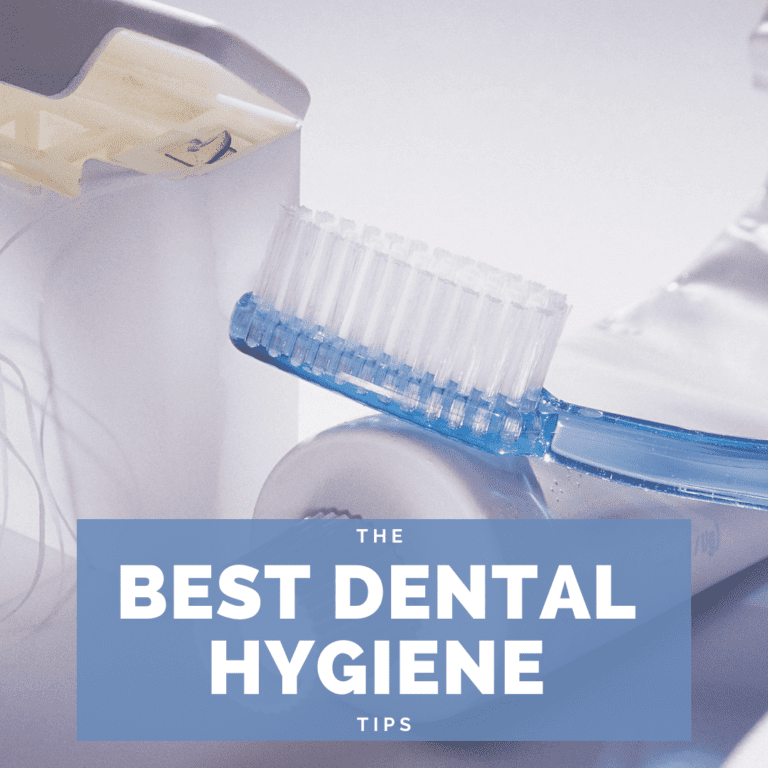The Best Dental Hygiene Tips

Proper dental hygiene is extremely important to preserve your oral health. In fact, it is so important that the American Dental Hygienists Association (ADHA) has devoted the entire month of October to being National Dental Hygiene Month. Although your dentists and dental hygienists promote good oral habits all year round, there is a push during this month to really educate patients about the importance of dental hygiene, as well as how to improve their own hygiene routines.
For starters, dental hygiene is an essential practice if you plan on keeping your natural teeth for the rest of your life. Unfortunately, without proper dental hygiene, your existing natural teeth are at a much higher risk for developing potentially serious dental ailments, like tooth decay and gum disease. In their most severe stages, both can leave you entirely toothless. This is because a lack of dental hygiene allows bacteria in your mouth to reproduce. These bacteria produce an acid waste product that wears down the surface over time. Worn or damaged enamel can lead to cavities or gum disease, both of which can end up in need of an extraction.
However, proper oral hygiene has the opposite effect and can decrease the likelihood that dental issues will occur. This is primarily due to the fact that most hygiene practices revolve around removing plaque. Here are some of the best dental hygiene practices:

Brush and Floss
The key to good dental hygiene is a daily routine that consists of brushing your teeth twice a day for two minutes and flossing once a day. In most cases, brushing at morning and night is recommended, as well as flossing at night before brushing. Flossing and brushing at night before going to bed removes the debris that has accumulated throughout the day.
Semi-Annual Dental Cleanings
Along with brushing twice a day and flossing daily, another key element of good dental hygiene is getting semi-annual dental cleanings. These professional cleanings are performed by a dental hygienist who knows exactly how to clean your teeth comfortably and effectively. Not only that, but dental hygienists use special tools to gently remove plaque and tartar (hardened plaque) from the surface of your teeth.
Watch Your Sugar

While sugar tastes amazing, its effects on your overall and oral health are not quite amazing. In fact to improve your dental hygiene, it is recommended to reduce the amount of sugar you consume on a daily basis. This is because sugar feeds the harmful bacteria in your mouth that is responsible for tooth decay and gum disease. After feeding on sugar, these bacteria release an acidic waste product that erodes the enamel and can cause tooth decay.
Try Mouthwash
If you haven’t tried using mouthwash already, give it a try to improve your dental hygiene. Mouthwash can reach all the external surfaces of your mouth, even the ones that your toothbrush or dental floss misses. Additionally, mouthwash also prevents the future accumulation of plaque by making it harder for plaque and tartar to stick to the enamel. For the best results, mouthwash should only be used as a supplemental treatment and should never be used to replace brushing or flossing.






Recent Comments